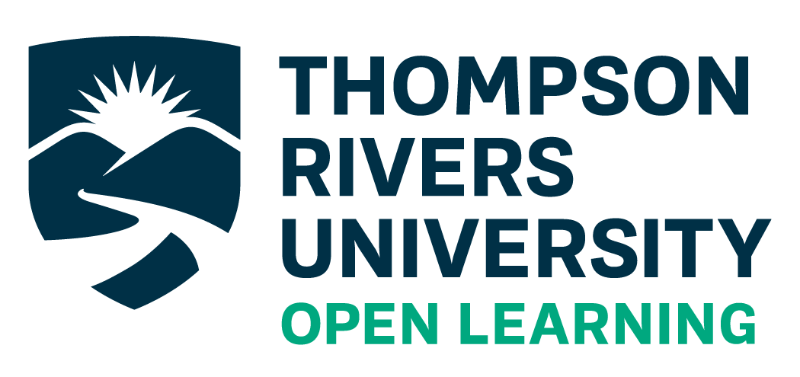Editing Team Meeting Notes – January 15, 2020
Attendees: Chris, Cory, Courtney, Dani, Justin, Mona, and Naomi Time: 11:00 am Location: OL344 Notetaker: Courtney Notes News (Naomi) January 15, 2020 Budget Meeting recap More or less business as usual Budget requests have neither been approved nor denied Increased OL enrolment but decreased on-campus enrollment Speexx language training tools are no longer stable in…
